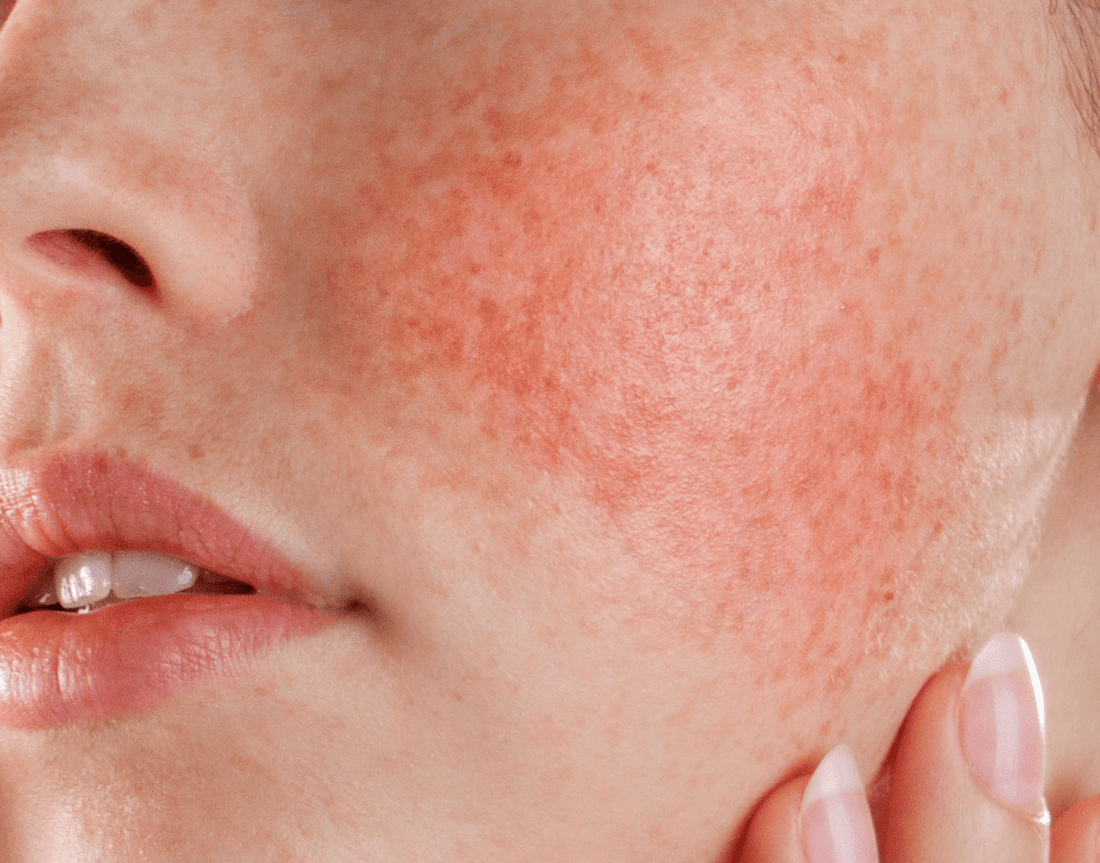Sensitive skin requires special attention and care to maintain its health and vitality. This dermatologist’s guide aims to provide valuable insights into understanding and managing sensitive skin effectively.
Introduction
Sensitive skin is not uncommon, affecting a significant percentage of the population. Individuals with sensitive skin often experience discomfort, redness, or itching due to various triggers. This guide will explore the nuances of sensitive skin care and offer practical tips recommended by dermatologists.
Identifying Sensitive Skin
Understanding whether you have sensitive skin is the first step in developing an effective skincare routine. Common symptoms include redness, dryness, and a tendency to break out easily. Factors such as genetics, environmental conditions, and existing skin conditions can contribute to skin sensitivity.
Understanding Sensitivity Triggers
Environmental factors like harsh weather conditions and pollution can aggravate sensitive skin. Additionally, certain skincare products may contain ingredients that trigger adverse reactions. Identifying and avoiding these triggers is crucial for managing sensitivity.
Choosing the Right Skincare Products
Dermatologists often recommend fragrance-free and hypoallergenic products for individuals with sensitive skin. These formulations minimize the risk of irritation and allergic reactions, promoting a healthier complexion.
Building a Gentle Skincare Routine
Simple yet effective cleansing and moisturizing routines are fundamental for sensitive skin care. Choosing mild cleansers and incorporating proper moisturizing strategies can help maintain the skin’s natural balance.
Dermatologist-Recommended Ingredients
Aloe Vera and chamomile extract are renowned for their soothing properties. Skincare products containing these ingredients can provide relief to sensitive skin, reducing inflammation and redness.
Sun Protection for Sensitive Skin
Sunscreen is a non-negotiable aspect of sensitive skin care. Dermatologists recommend broad-spectrum sunscreens with a minimum SPF of 30 to shield sensitive skin from harmful UV rays.
Common Mistakes to Avoid
Overwashing the face and skipping patch tests for new products are common mistakes that individuals with sensitive skin should avoid. These practices can exacerbate sensitivity and lead to adverse reactions.
Consulting a Dermatologist
Knowing when to seek professional advice is crucial for managing sensitive skin. Dermatologists can offer personalized recommendations and prescribe treatments tailored to an individual’s specific needs.
Lifestyle Adjustments for Sensitive Skin
Certain lifestyle adjustments, such as adopting a skin-friendly diet and practicing stress management techniques, can contribute to overall skin health for individuals with sensitivity.
Wearing Makeup with Sensitivity in Mind
Choosing makeup from sensitive-skin-friendly brands and following proper makeup removal techniques are essential for preventing irritation and maintaining skin integrity.
Natural Remedies for Sensitive Skin
DIY masks incorporating natural ingredients like oatmeal and honey can provide soothing effects for sensitive skin. These remedies offer a gentle alternative to commercial products.
Clothing and Fabric Choices
Opting for fabrics like cotton and avoiding harsh detergents during laundering can minimize skin irritation. Making informed clothing and fabric choices is an integral part of sensitive skin care.
Handling Allergic Reactions
Recognizing allergy symptoms promptly and taking immediate steps, such as rinsing the affected area and discontinuing product use, can prevent further complications.
Conclusion
In conclusion, sensitive skin care requires a thoughtful and tailored approach. By understanding triggers, choosing suitable products, and adopting healthy lifestyle habits, individuals with sensitive skin can achieve and maintain a radiant complexion.
FAQs
Is sensitive skin a permanent condition?
- Sensitive skin can be managed effectively with the right care, but its severity varies among individuals.
Can stress worsen sensitivity?
- Yes, stress can contribute to skin sensitivity. Practicing stress management techniques is beneficial.
Are natural remedies safe for sensitive skin?
- Natural remedies can be safe, but it’s essential to patch-test and monitor for any adverse reactions.
How often should I consult a dermatologist for sensitive skin?
- Regular check-ups are recommended, especially if you experience persistent issues or changes in sensitivity.
Can makeup worsen sensitive skin?
- Certain makeup products may exacerbate sensitivity. Choose hypoallergenic brands and prioritize makeup removal.


Leave a comment
Your email address will not be published. Required fields are marked *